The “Semente” will be thrown to the land in Tavira, with the creation of two urban community gardens, destined to the practice of biological and sustainable agriculture, based on the principles of the Mediterranean Diet, these spaces being destined to the planting and harvesting of products by the residents of five districts of the city.
“Initially scheduled to start in January”, the “Semente” project now starts with “the creation of a demonstrative and training garden at the Tavira Agrarian Experimentation Center (CEAT)”, said Artur Gregório, president of the In Loco Association, partner of the project, during the ratification of the protocol for the transfer of the space, which took place this Wednesday, November 24, with the presence of the Minister of Agriculture.
Called the “mother garden”, this space with about 3 thousand square meters, provided by the Regional Directorate of Agriculture and Fisheries of the Algarve, will be divided into 50 plots for families from the five social districts of Tavira – Atalaia, Joaquim Jara, Horta do Carmo, Porta Nova and Bela Fria – manage to have a place “where they can plant and harvest their own food, in a healthy and balanced way, in accordance with the principles of agroecology”, explained Artur Gregório.
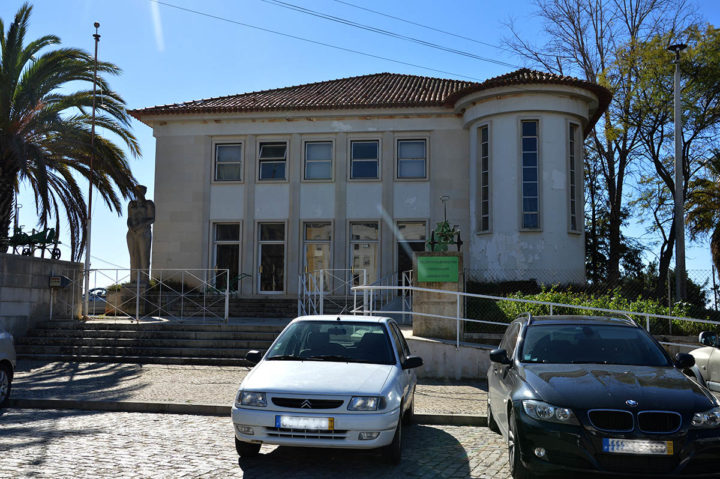
The project, which has an initial duration of one year, is the result of an application to the “Healthy Neighborhoods” program, through a partnership between Associação In Loco and the Citizens' Movement by the Tavira Agricultural Experimentation Center (CEAT) and Urban Gardens in Tavira, but «the idea has been around for many years. Due to various events, it never saw the light of day», announced Ana Paula Martins, Mayor, during her speech at the ceremony.
The Government's candidacy for this program "has changed the initial role of the Tavirense autarchy in this project". The management will be carried out by the group of partners, which will include the Algarve Regional Directorate of Agriculture and Fisheries, the University of Algarve, the Delegation of Tavira da Cruz Vermelha, the Health Centre, the In Loco Association and the Citizens' Movement for the Tavira Agrarian Experimentation Center (CEAT) and Tavira Urban Gardens.
This community garden at CEAT will have, in addition to the plots, "a greenhouse and a plant preparation area", as well as "a common space", which can be used for socializing between Tavirense families. Although yet another community vegetable garden is being planned, which will be installed on land that has yet to be provided by the Municipality of Tavira, «the “mother garden” will have most of the project's equipment”, underlined Artur Gregório.
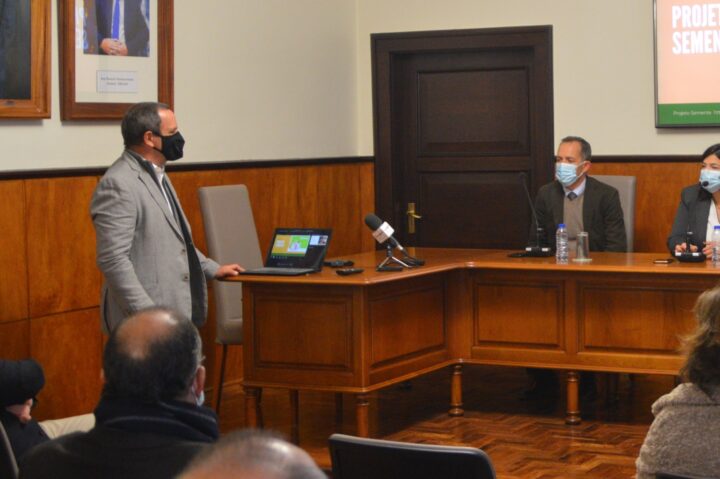
The participants who will integrate this project "will not be passive elements or beneficiaries of charity", but will be "active elements, who will co-manage the resources and will also have their responsibility in the development of the project", being called to "develop, design and implement a large part of its sustainability mechanisms”.
In these urban gardens, the people of Tavir “will not only have land to do whatever they want”, as this will also be a program of self-determination, nutritional education and personal and organizational training. «We intend to change eating behaviors by working with project participants, their families and their proximity networks, so that we can contribute to strengthening citizenship and community participation. In this way we intend to change attitudes».
The installation of this project is «one of the first steps towards the recovery of the Tavira Agrarian Experimentation Center, something that has long been desired», said Pedro Valadas Monteiro, regional director of Agriculture and Fisheries, and «insert himself in the current that has been developed in some European cities – bringing the countryside into the city – here associated with the Mediterranean Diet».
The Minister of Agriculture recalled, in turn, that Tavira, which is the representative community of the Mediterranean Diet in Portugal, has «the obligation to publicize this Intangible Heritage of Humanity, so that we reach 2030 with more than 20% of our national population. adhere to the Mediterranean Diet, to local and national consumption, and also to seasonal consumption. This is what makes perfect sense».
Maria do Céu Antunes also stressed that this will be the opportunity to «train citizens to learn how to work the land, producing seasonal food in sustainable conditions», but also «to improve their family economy, their health and wellbeing. -being” because, with the creation of urban gardens, “they will be able to produce healthier food, mitigate the course of climate change, promote ecosystems and improve their self-esteem”.
"This is a project that makes all the difference" and that "should be extended to other areas of the country", guaranteed the official.
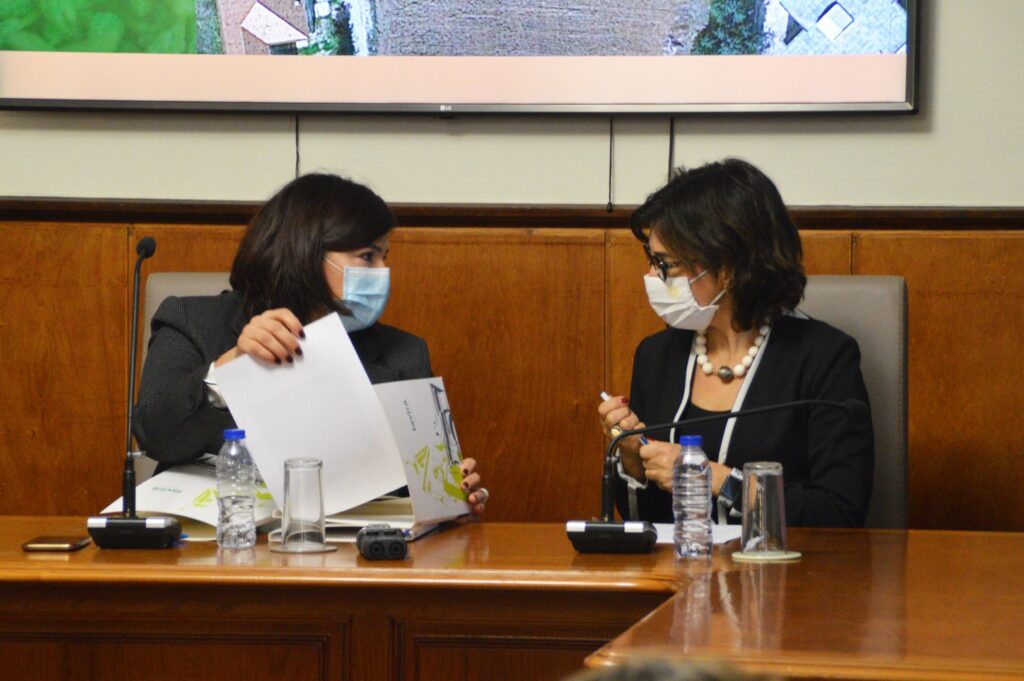
Now, after the signed protocols, it is time to challenge the inhabitants of the five social neighborhoods in Tavir. For this, the Citizens' Movement for CEAT and Urban Gardens of Tavira has promoted «actions to publicize the project throughout the city, making known what we are going to do. We have already distributed around 2500 pamphlets and we will distribute more”, guaranteed Ângela Rosa, one of the founders of the movement, present at the ceremony, in statements to the Sul Informação.
Artur Gregório also invited those interested in having a space in urban gardens «to take a step forward, get informed, enroll and join the group».
The president of Associação In Loco concluded by stating that "we want to make Tavira a regional example, perhaps national, of cooperation and construction of new ways of living in a city, in a more responsible, participative, balanced and healthy way."
Photos: Rúben Bento | Sul Informação
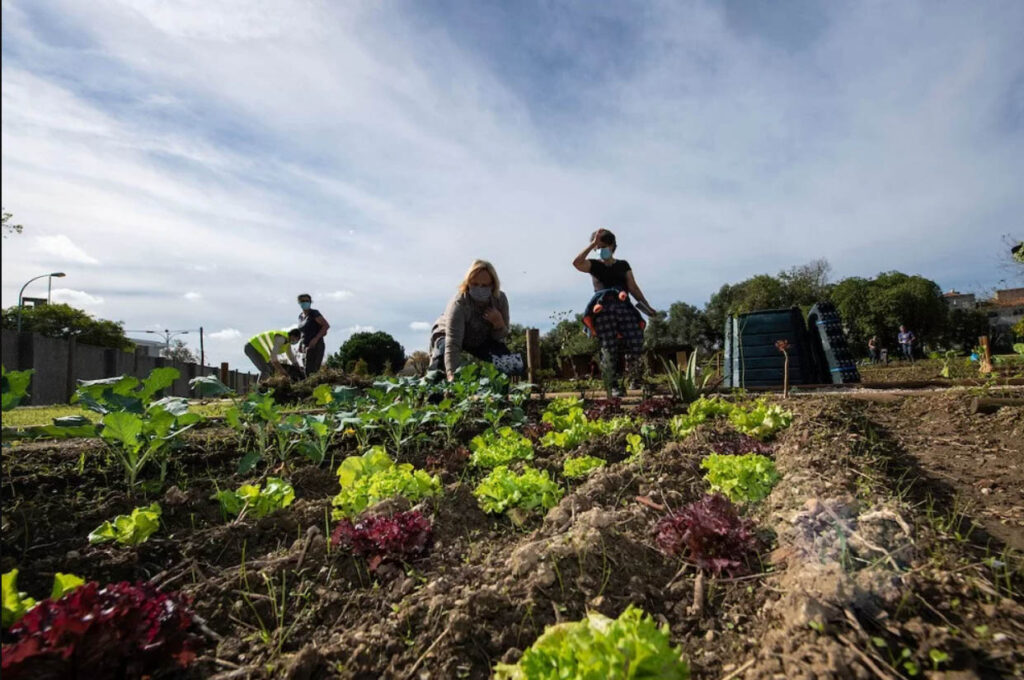
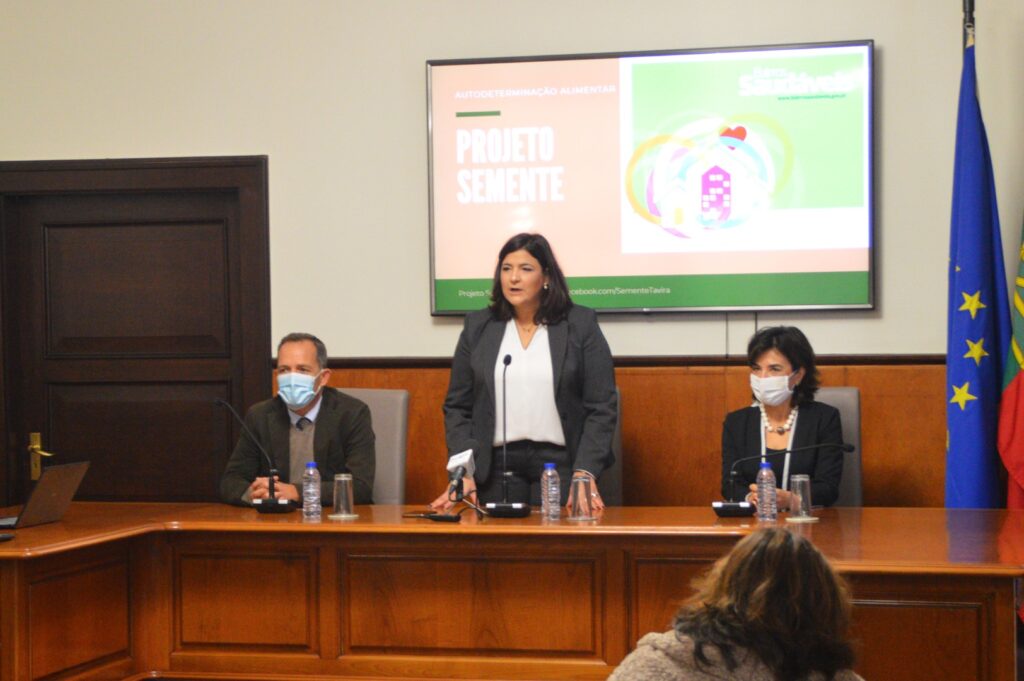
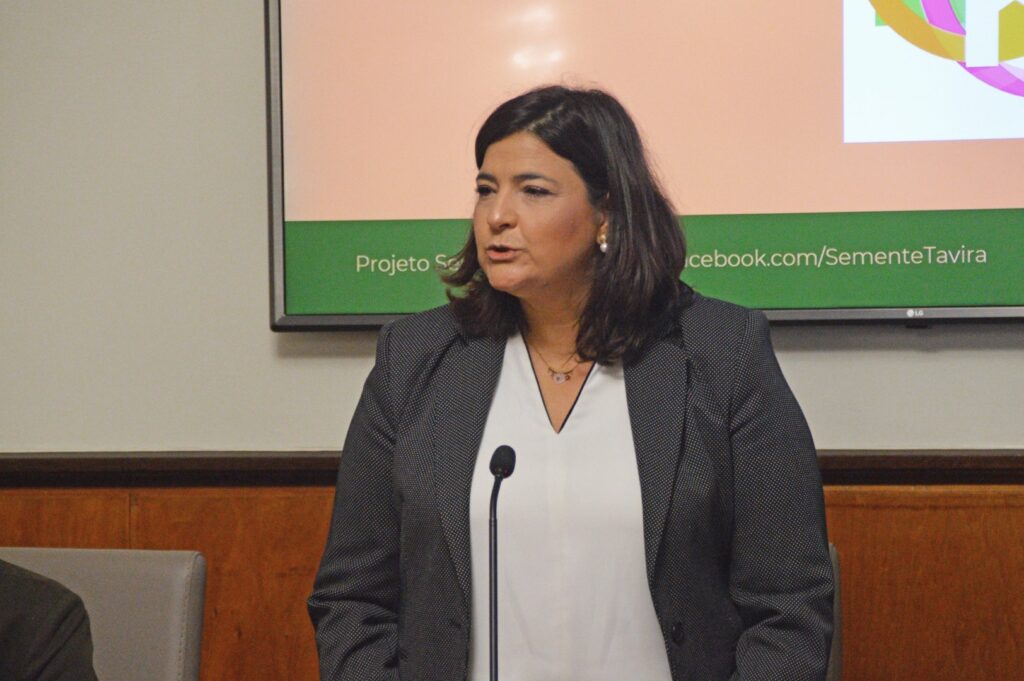
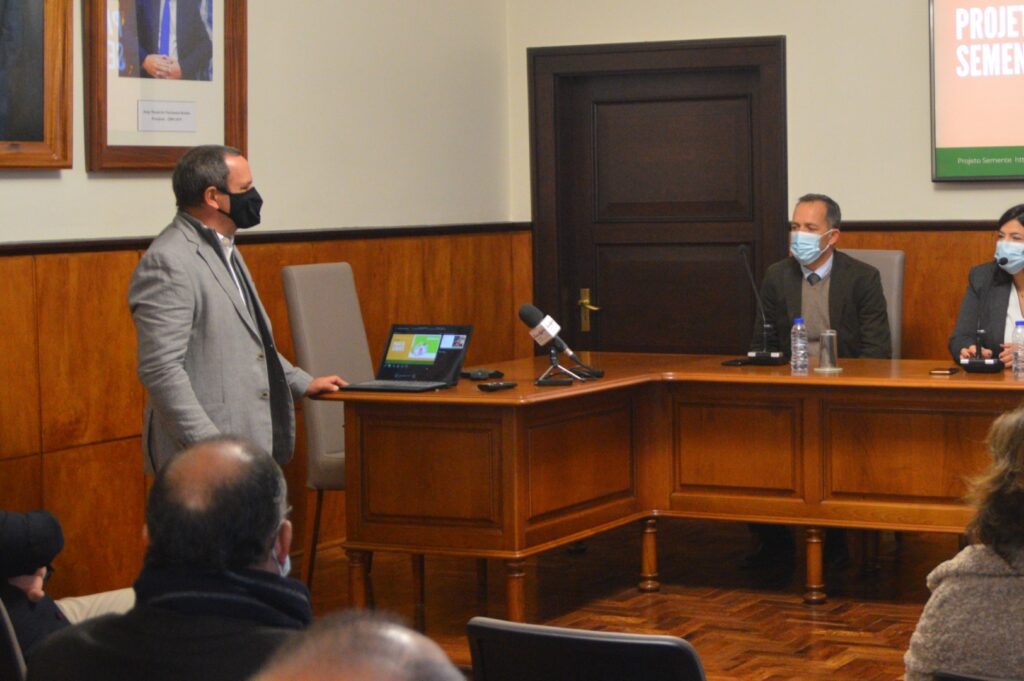
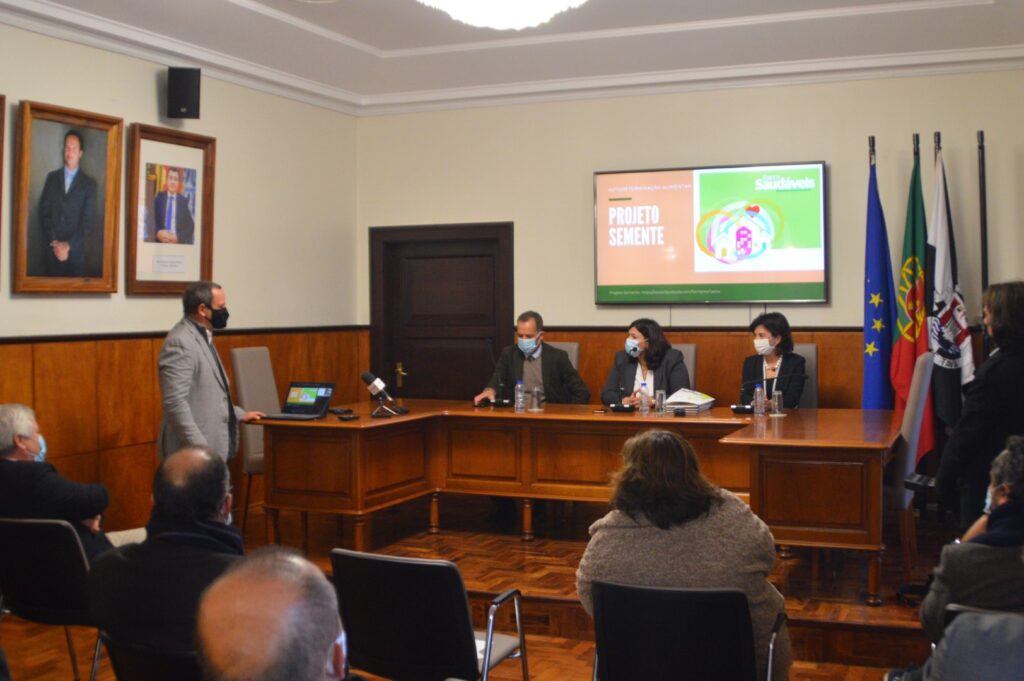
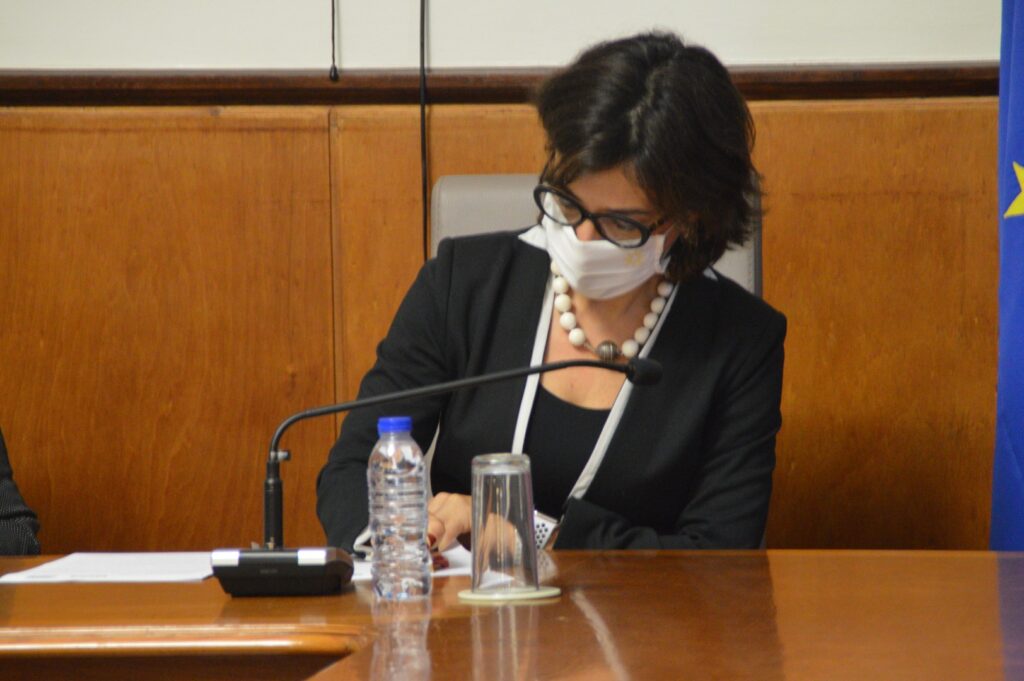
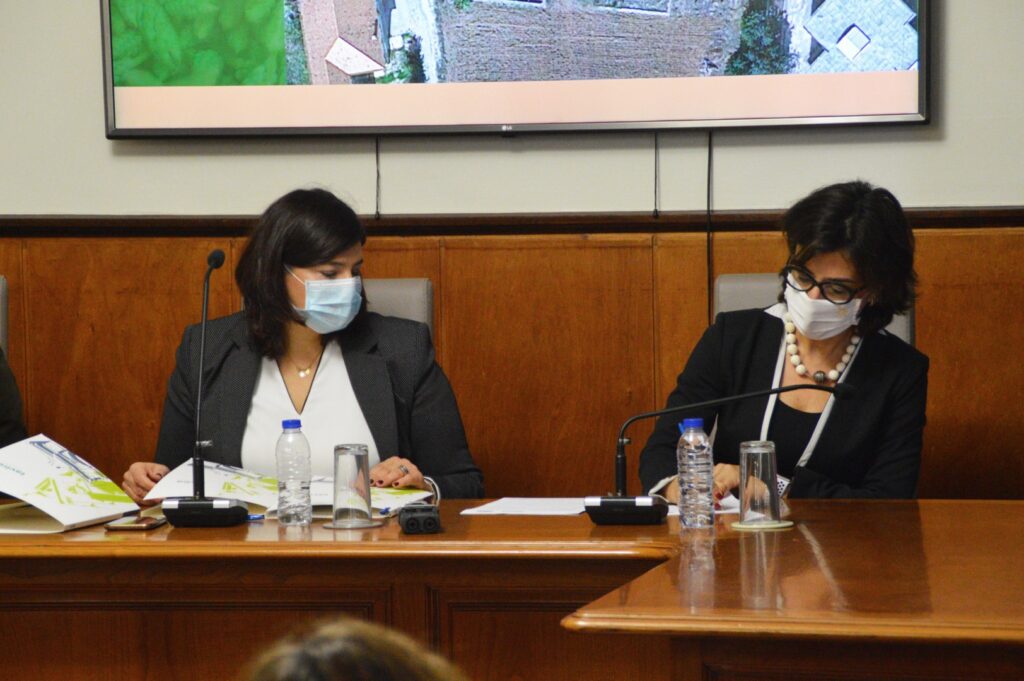
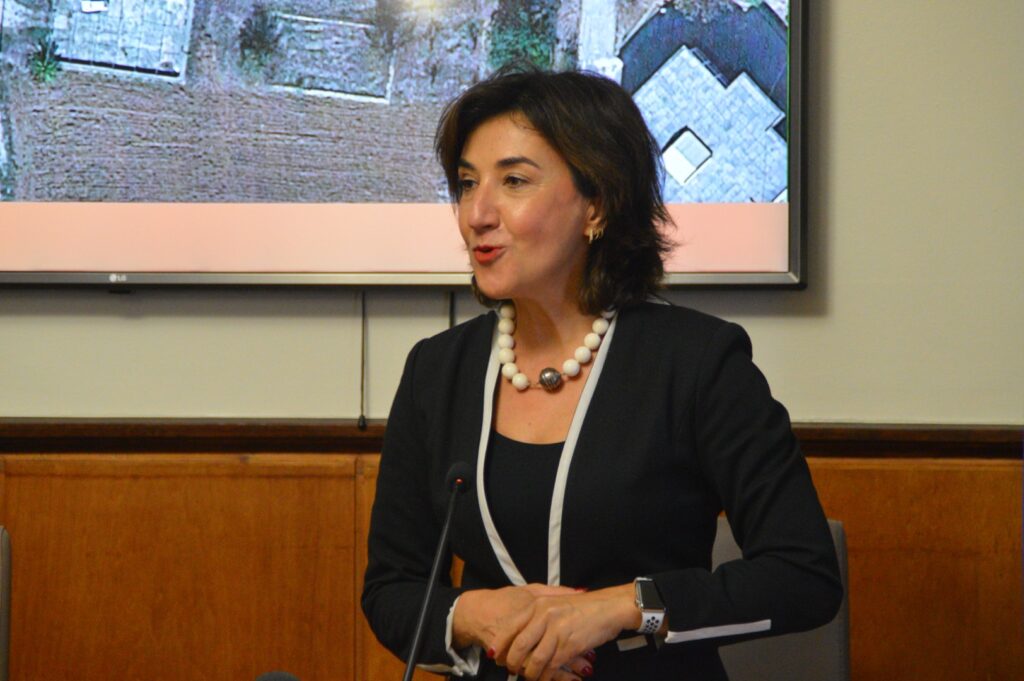
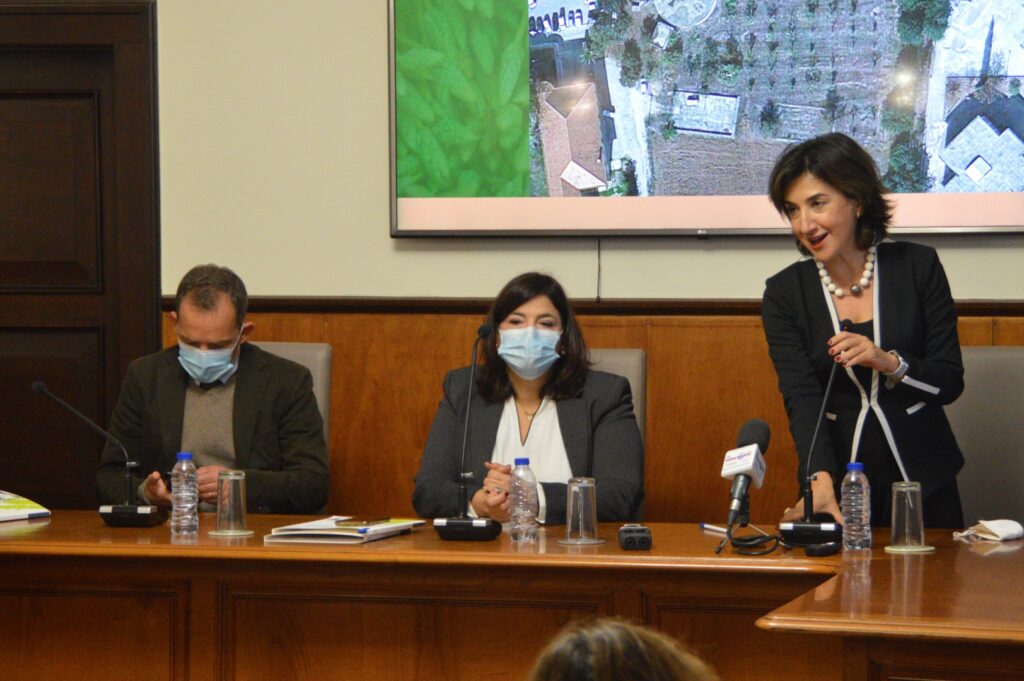



















Comments